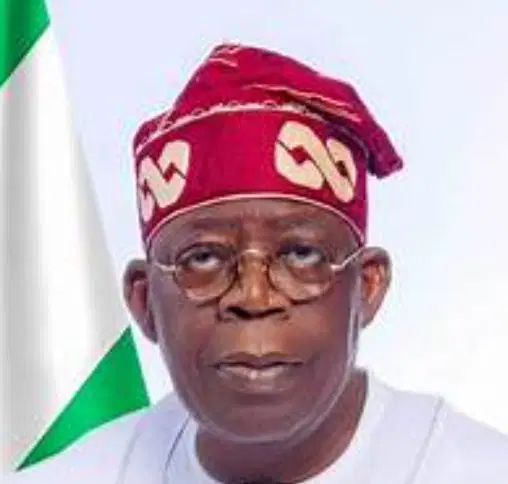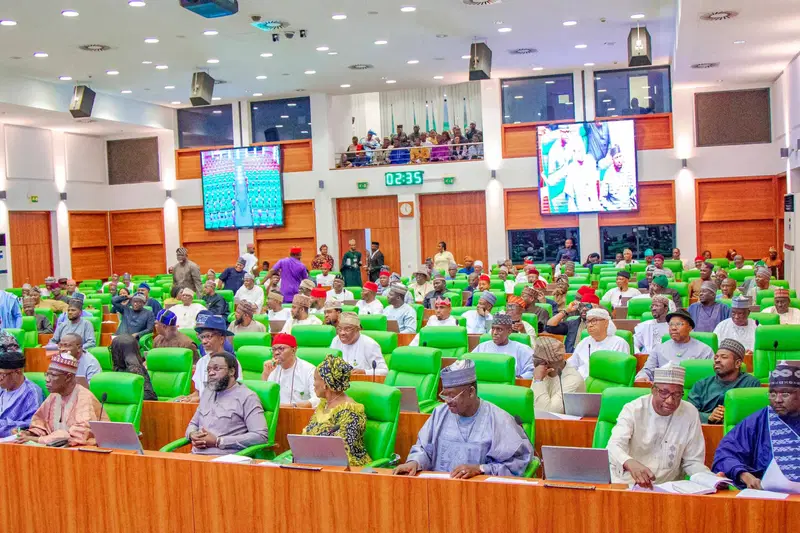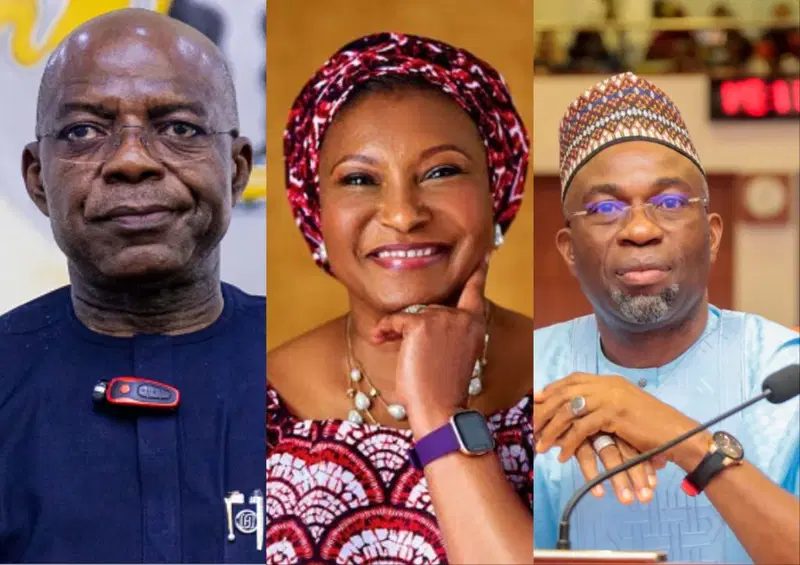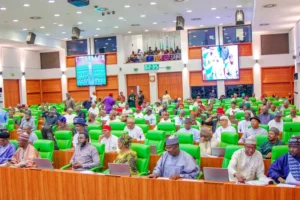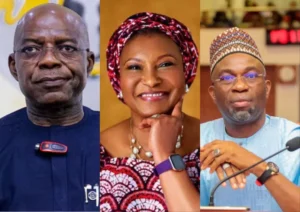- The naira appreciated by 2.4% week on week.
- The Central Bank of Nigeria (CBN) supported the local currency with $60 million in the official market.
- The rise in the exchange rate was attributed to increased FX liquidity in the Nigerian independent foreign exchange market.
- The CBN conducted an FX auction for banks, selling $60 million at ₦1,540 to deposit money banks.
- The naira had previously fallen to ₦1,660 on Thursday.
According to spot data from the FMDQ platform, the naira ended at ₦1,600.78 in the Nigerian independent foreign exchange window, reflecting a 2.47% increase week-on-week.In a recent development, the naira has shown signs of recovery, appreciating by 2.4% week on week. This positive shift was facilitated by the Central Bank of Nigeria (CBN), which injected $60 million into the official market to bolster the local currency. The increase in the exchange rate can be linked to enhanced foreign exchange liquidity in the Nigerian independent foreign exchange market, a situation further supported by the CBN’s FX auction for banks.During this auction, the CBN sold $60 million at an exchange rate of ₦1,540 to deposit money banks, following a dip in the currency value that saw it fall to ₦1,660 on Thursday. Spot data from the FMDQ platform indicates that the naira concluded the week at ₦1,600.78 in the independent foreign exchange window, marking a week-on-week increase of 2.47%. This development underscores the CBN’s efforts to stabilize the naira amidst fluctuating market conditions.
- External reserves in Nigeria increased by US$206.16 million week on week, reaching US$38.88 billion.
- This marks seven consecutive weeks of growth in foreign reserves, partly due to FX purchases from Foreign Portfolio Investors (FPIs).
- Total turnover in Nigeria’s independent FX market decreased by 33.1% to USD1.22 billion on Thursday.
- Trades during this period occurred between N1,540 and N1,682, as the naira continued to weaken due to limited FX liquidity.In a notable development, Nigeria’s external reserves have continued to rise, increasing by US$206.16 million week on week to reach US$38.88 billion.
- QThis growth marks seven consecutive weeks of accretion, driven in part by foreign exchange purchases from Foreign Portfolio Investors (FPIs), as highlighted by Cordros Capital Limited.However, despite the positive trend in reserves, the independent FX market experienced a significant decline, with total turnover dropping by 33.1% to USD1.22 billion on Thursday. Analysts noted that trades were conducted within a range of N1,540 to N1,682 during this period, reflecting ongoing challenges as the naira weakened due to limited FX liquidity. This situation underscores the complexities facing the Nigerian economy as it navigates both domestic pressures and external market dynamics.
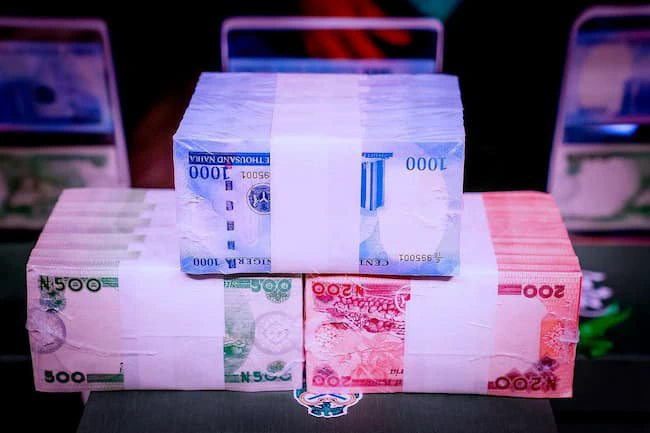
In the forwards market, naira rates have experienced a decline, with the one-month contract falling by 1.5% to N1,699.15, the three-month contract decreasing by 1.4% to N1,770.51, and the six-month contract dropping by 0.4% to N1,862.89. Conversely, the exchange rate for the one-year forward contract appreciated by 0.9%, reaching N2,067.69.The parallel market has seen a worsening exchange rate as the demand and supply imbalance persisted throughout the week. Demand for foreign currency continues to outstrip the available supply in the black market, pushing the exchange rate above N1,700 per US dollar.Analysts have indicated that seasonal demand for foreign currency could exacerbate the spot rate in the informal currency market unless the Central Bank of Nigeria (CBN) intervenes by selling US dollars to Bureau de Change (BDC) operators, which would support invisible FX payments in the alternative currency market.“Barring any shock, we anticipate the naira will remain less volatile in the short term as the CBN maintains intervention in the FX market. This will also be supported by the improved FPI inflows into the FX market due to carry trade opportunities in the capital market,” analysts at Cordros Capital Limited stated.According to data from the Nigerian Upstream Petroleum Regulatory Commission (NUPRC), Nigeria’s crude oil production, including condensates, saw a decline of 1.7% in September, dropping to 1.54 million barrels per day (b/d) from 1.57 mb/d after five consecutive months of growth.Analysts have pointed to lower production volumes across several key terminals as the primary reason for this decline. Specifically, production from the Forcados terminal fell by 19% in September, while Akpo experienced an 11.8% decrease. Additionally, Qua Iboe’s supply dropped by 7.8%, with Odudu and Escravos terminals also reporting declines of 4.7% and 3.5%, respectively.Conversely, the Brass terminal saw an increase in production volume of 18.8% in September, with Bonny output rising by 11.3% and Agbami terminal output up by 2.5%. However, Cordros Capital Limited notes that overall crude oil production remains below pre-COVID levels of 2.14 million b/d recorded in the first quarter of 2022.The persistent lower production levels are attributed to ongoing issues such as insecurity, infrastructure decay, and low investment in the sector, further complicated by the exit of international oil companies (IOCs) and unresolved matters surrounding the approval of oil asset transfers.
While progress continues in the fight against crude oil theft and pipeline vandalism, analysts caution that ongoing challenges in the sector still pose downside risks to crude oil production in the near term. Oil prices have experienced a significant drop of 7%, driven by uncertainties in the global commodities market.This decline in oil prices is largely attributed to concerns over demand stemming from a slowdown in the Chinese economy, coupled with reduced supply risks associated with conflicts in the Middle East. As of Friday, Brent crude was priced at $73.55 per barrel, while WTI was around $69.70.In contrast, gold prices have surged past the notable $2,700-per-ounce threshold, reaching approximately $2,731.40. This increase is fueled by rising tensions in the Middle East and the uncertainty surrounding the upcoming U.S. elections.



